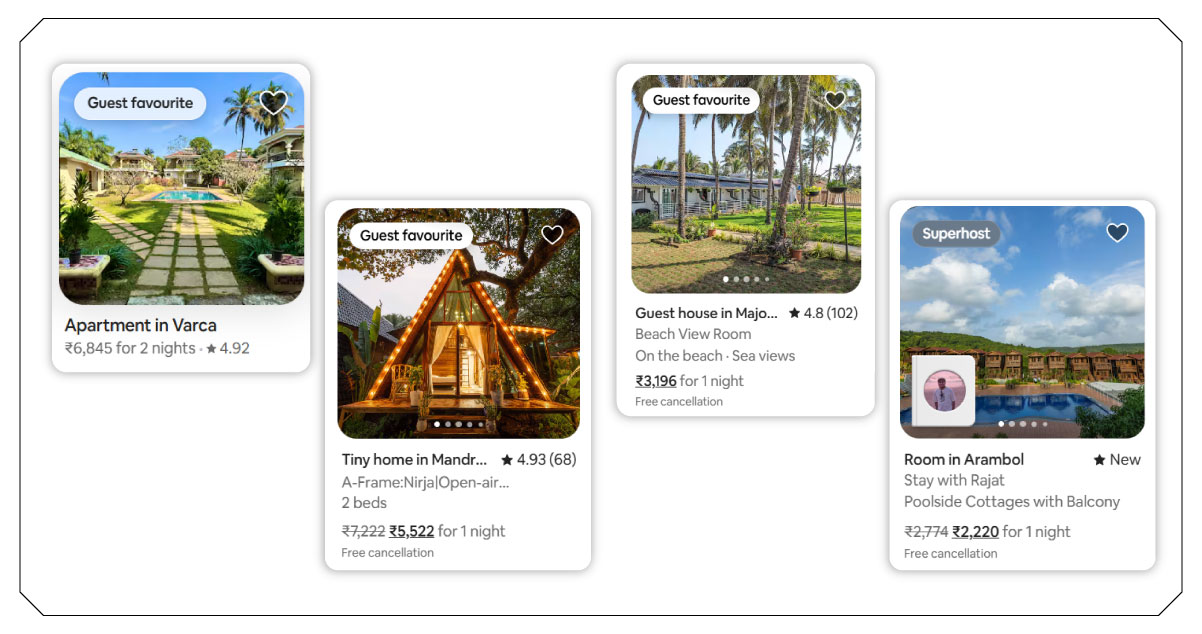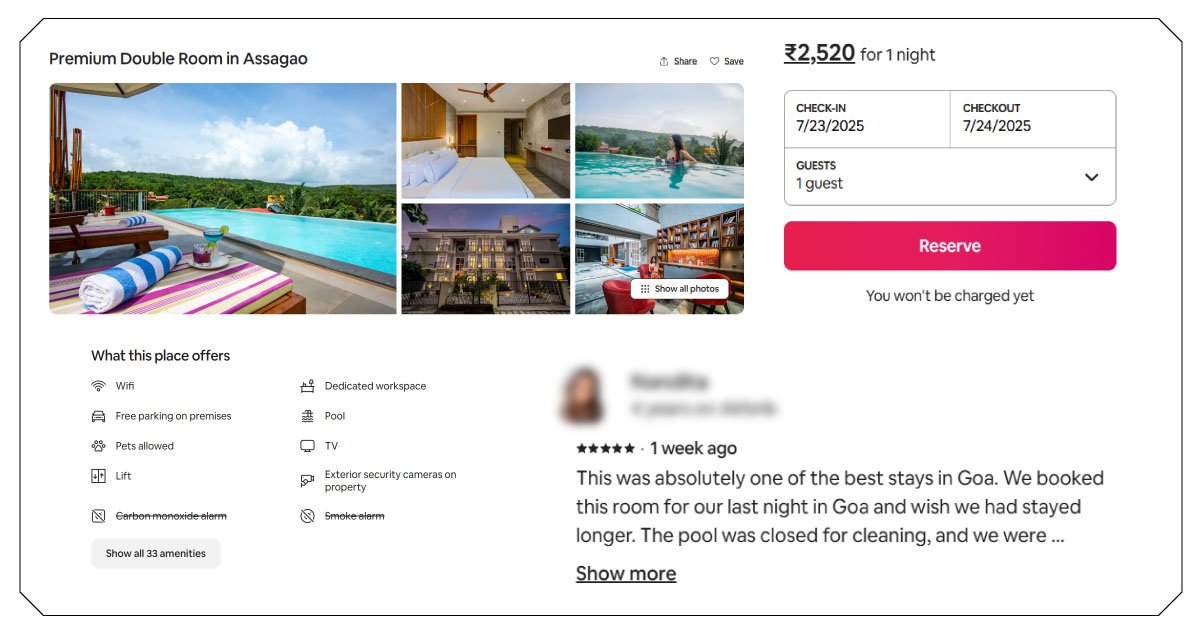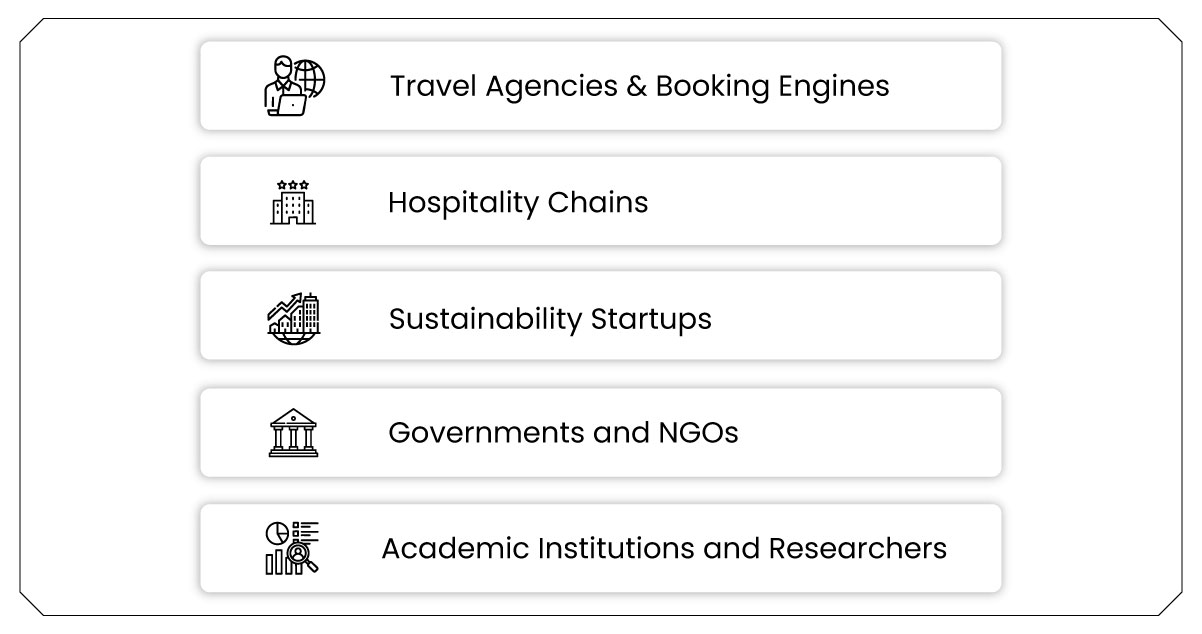How Is Scraping Ecotourism for Sustainable Travel Data Transforming the Green Travel Industry?

Introduction
As global awareness of environmental issues grows, scraping ecotourism for sustainable travel data is emerging as a vital resource for eco-conscious decision-making. Travel agencies, researchers, and environmentally aware travelers are turning to ecotourism scraping to understand the dynamics of responsible travel better. By collecting data from booking platforms, review sites, and eco-friendly travel portals, stakeholders gain deep insights into traveler preferences, price trends, and destination popularity. This information helps them extract green accommodation listings, evaluate the appeal of eco-travel destinations 2025, and shape offerings that align with sustainability values. The ability to track such data in real-time allows businesses and governments to monitor evolving eco-travel patterns and implement impactful strategies. Ultimately, scraping empowers the travel industry to move from vague sustainability goals to concrete, measurable actions, helping make eco-travel not just a trend, but a well-informed and scalable model for the future of global tourism.
What is Ecotourism?

Ecotourism is a form of responsible travel that prioritizes the conservation of nature, respects cultural heritage, and fosters community engagement. It aims to minimize the environmental footprint of tourism while maximizing the benefits to local populations and ecosystems. Instead of merely sightseeing, eco-travelers actively engage with the environment, trekking through preserved landscapes, staying in solar-powered lodges, participating in wildlife conservation projects, and supporting artisan-based economies.
A key element of ecotourism is responsible travel planning, which encourages travelers to choose destinations and accommodations that align with sustainable principles. From staying in rainwater-harvesting cottages to visiting community-led marine sanctuaries, every decision shapes the sustainability narrative of modern travel.
Why Scrape Ecotourism Data?

The surge in environmental awareness has created an urgent need for structured, real-time data that informs sustainable travel development. Here's why scraping ecotourism data is crucial:
- Monitor Emerging Trends: As new eco-travel destinations 2025 are introduced, tourism boards and agencies can gauge popularity spikes through user reviews, social media buzz, and booking engines.
- Price Optimization: Businesses can compare green lodging rates through green travel APIs to offer competitive and fair pricing.
- Authenticity Validation: Scraping helps verify sustainability claims, ensuring listings marked "eco" truly meet standards.
- Content Aggregation: Marketers and booking platforms collect descriptions, amenities, and certifications to curate reliable eco-travel content.
Ultimately, scraping enables businesses and governments to align operations with green mandates, achieving transparency and accountability.
How Ecotourism Data Scraping Helps Get Sustainable Travel Insights?
Travel platforms, NGOs, and climate researchers benefit immensely from ecotourism data scraping. Here's how:
- Benchmarking Environmental Compliance: Using Hotel Data Scraping, analysts can track which properties are adopting eco-friendly policies, like low-flow showers or organic toiletries.
- Sustainable Pricing Intelligence: Through Vacation Rental Pricing Data 2025, platforms can suggest fair prices for eco-properties without overburdening local communities.
- Consumer Behavior Mapping: By analyzing booking trends and reviews using a Travel Web Scraping Service, businesses can identify demand for low-impact destinations and amenities, such as vegan menus, electric vehicle (EV) charging, or solar energy.
- Trend Forecasting: Travel startups and green consultants use Travel Scraping API integrations to study year-on-year search behavior, revealing the growth trajectory of climate-conscious travel.
- Destination Optimization: Regional authorities extract data from reviews and blog platforms to adjust tourism policies and infrastructure investments.
These insights collectively support the sustainable transformation of travel, enabling providers to innovate while meeting global environmental standards.
Who Leverages this Data?

Various sectors leverage ecotourism scraping to shape greener futures:
- Travel Agencies & Booking Engines: Aggregators and platforms use this data to list Vacation Rental properties that meet sustainability standards, enhance user filtering by eco-certifications, and improve recommendations.
- Hospitality Chains: Major hotel groups analyze data to understand how to expand green portfolios or redesign offerings to attract environmentally conscious travelers.
- Sustainability Startups: Green-focused platforms depend on Travel Data Scraping Trends to build carbon-offset calculators, loyalty programs for green bookings, or plant-a-tree incentives.
- Governments and NGOs: Environmental organizations and tourism ministries track the flow of eco-tourists, gauge economic impacts, and identify over-visited zones.
- Academic Institutions and Researchers: Universities and climate scientists analyze booking, review, and activity data to understand the environmental footprint of ecotourism and develop new sustainability metrics.
Significant Uses of Ecotourism Data
Ecotourism data serves a variety of impactful uses:
- Dynamic Green Pricing Models: Businesses scrape eco hotel prices across platforms to offer customers better deals while ensuring sustainability premiums are justified.
- Sustainable Strategy Development: Trends in sustainable tourism enable enterprises to adopt more effective waste management, renewable energy integration, and zero-emission transport systems.
- Content Personalization: Travel blogs, booking sites, and guides utilize scraped insights to create content tailored to the values of eco-conscious travelers.
- Informed Policy Making: Government bodies utilize data scraping for sustainability to evaluate the effectiveness of green regulations and inform future investments.
- Influencer and Brand Partnerships: Travel brands identify green influencers using data analytics to promote new eco-resorts or organic retreats.
- Product & Service Innovation: Using insights from green experience scraping, service providers design eco-packages that include wildlife safaris, permaculture tours, or plastic-free journeys.
- Carbon Metrics Tracking: Platforms use carbon-neutral vacation data to help travelers monitor and offset emissions based on real travel data.
- Deals and Incentives: Brands identify patterns in eco-friendly travel deals, enabling them to craft compelling offers that increase bookings without compromising their environmental goals.
How Travel Scrape Can Help You?
- Specialized in Niche Travel Data: We focus on extracting particular datasets such as green accommodations, sustainable experiences, and carbon-neutral travel options, ensuring unmatched relevance and depth for ecotourism insights.
- Advanced Scraping Infrastructure: Our custom-built scraping engines support large-scale data extraction from multiple travel platforms, powered by rotating proxies, AI parsers, and real-time update mechanisms to ensure the extraction of fresh and accurate data.
- Compliance with Ethical & Legal Standards: We adhere to best practices in data scraping, including respectful crawling, rate limiting, and compliance with site terms of service, ensuring the delivery of ethical and reliable data.
- Flexible API & Data Delivery Options: We offer RESTful APIs, CSV/JSON feeds, and custom dashboards, making it easy to integrate scraped data into your internal tools or BI platforms with minimal friction.
- Tailored to Sustainable Travel Needs: Our services are optimized for scraping ecotourism for sustainable travel data, giving clients access to green certifications, eco-hotel features, and destination sustainability scores.
Conclusion
The future of tourism lies in sustainability, and data is the compass guiding us there. Green label hotel scraping empowers stakeholders to make informed, ethical decisions that support environmental stewardship and cultural preservation. From tracking eco-travel destinations 2025 to offering personalized deals, data scraping stands at the intersection of technology and responsibility.
In the age of AI and real-time analytics, the potential for AI for climate-friendly travel is vast. Combined with intelligent tools, travel platforms can validate eco-credentials, detect greenwashing, and streamline search functionalities for conscious travelers. More importantly, the rise of sustainable tourism scraping tools will foster global collaboration between businesses, governments, and NGOs to ensure that tourism not only survives but thrives in harmony with the planet.
Ready to elevate your travel business with cutting-edge data insights? Get in touch with Travel Scrape today to explore how our end-to-end data solutions can uncover new revenue streams, enhance your offerings, and strengthen your competitive edge in the travel market.